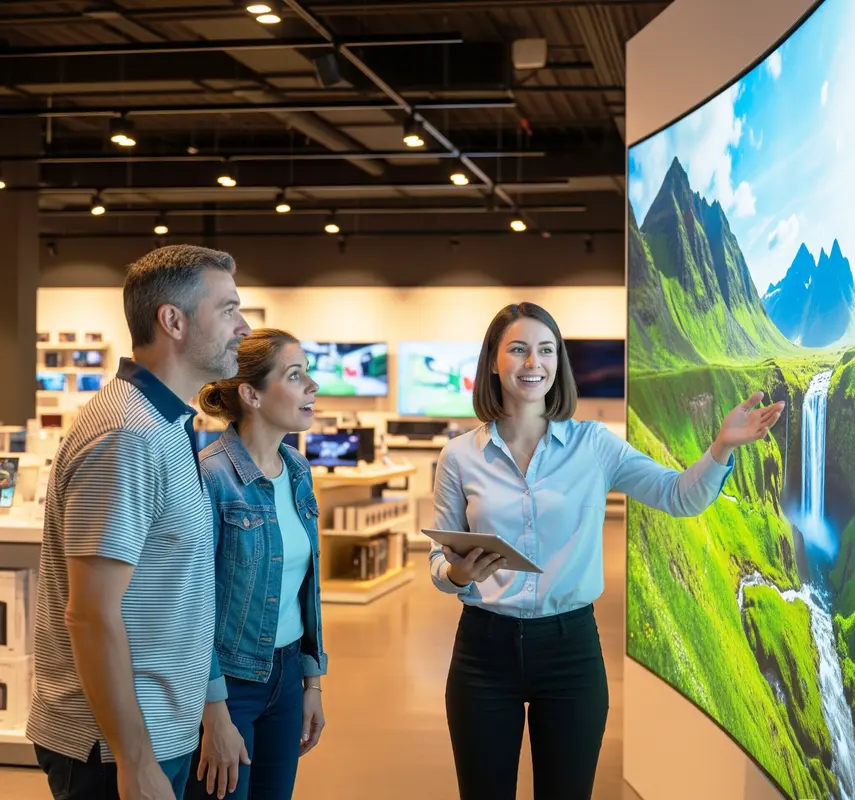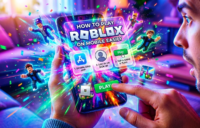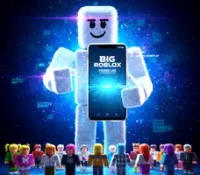Curved LED Screens – Your Questions Answered!
Published: 9 Jul 2025
Curved LED Screens – Your Questions Answered!
Confused about curved LED screens? Wondering if they’re better than flat screens? You’re not alone! Many people ask: “Why pick a curved screen when flat ones work fine?” Let’s clear up the confusion. Curved screens wrap around your view, making movies and games feel real. Flat screens? They’re straight and simple. But curve adds magic!
Why Curved LED Screens Are Changing the Game
Imagine going into a room where the screen wraps around you like a cocoon and makes you feel inside the action. This is the magic of the curved LED screen! 🌐 Unlike flat display, these pliable miracles mimic the natural curvature of the human eye, causing unique specialization. From the dazzling ads from Times Square to NASA’s Mission Control Room, curved LEDs are everywhere – and they explain how we experience visual materials. In this guide, we’ll explore:
- The science behind curved vs. flat screens.
- Real-world uses (retail, events, control rooms).
- How to choose the right tech for your needs.
(Fun Fact: The global curved display market will hit $57 billion by 2027!)

What Are Curved LED Screens?
Curved LED screens bend gently. They use tiny lights (LEDs) to create images. The curve matches your eyes’ shape. This feels natural and fun!
How Do They Work?
- Flexible Panels: Screens use bendable materials. These curve without breaking.
- Special Setup: LEDs are placed closer at the edges. This keeps the image smooth.
- Wide Viewing: Curves let everyone see clearly. No more color shifts from the side!
- Angle Magic: Light points toward you. Less glare and brighter colors.
- Easy Control: Processors adjust the image. This stops distortion on curves.
- Example: Think of a sports stadium screen. It curves so fans in back see perfectly!
- Tip: Curvature is measured in “R” (like R1800). Smaller R = sharper curve.
- Simple Science: Your eyes are round. Curved screens match this shape.
- No Copying: Each panel is custom-made. Factories test curves for safety.
- Why It Rocks: Feels like you’re inside the action!
Curved vs. Flat: Who Wins?
Curved screens pull you into the story. Flat screens are cheaper and lighter. Both work well!
Top 3 Benefits of Curved Screens
- Better Focus: Curves fill your vision. Less head-turning! Example: Gaming feels real.
- Less Eye Strain: Light comes straight to you. No squinting at edges.
- Style Points: Looks futuristic! Stores use curves to attract customers.
- Immersive Fun: Movies feel 3D without glasses. Try it in a home theater!
- Shared Views: Groups see the same colors. Great for family movie nights.
- No Distortion: Modern tech fixes image warping. Lines stay straight.
- Tip: Use curved screens in dark rooms. Colors pop more!
- Flat Screen Perks: Easier to hang. Fits tight spaces.
- Action Tip: Pick curved for big screens (over 55 inches).
- Reality Check: Curved costs 10-20% more. Budget? Start with flat.
Where to Use Curved Screens
Homes, shops, and events love curves! They make small spaces feel big.
Best Places to Install Them
- Living Rooms: Perfect for movie nights. Feels like a cinema!
- Retail Stores: Curve displays around products. Shoppers notice more.
- Gaming Zones: Wrap screens around players. Boosts excitement.
- Car Showrooms: Curve screens behind cars. Shows cool features.
- Museums: Guide visitors with curved info walls.
- Example: Apple Stores use curves for demo zones.
- Tip: Outdoors? Choose weather-proof models (IP65 rating).
- Avoid: Tiny rooms. Curves need space to shine.
- Fix Mistakes: Mount high so kids don’t touch.
- Pro Idea: Rent curved screens for parties. Wow your guests!
Caring for Your Curved Screen
Keep it clean and cool. Avoid bumps!
Easy Maintenance Tips
- Soft Cleaning: Use microfiber cloths. No water sprays!
- Dust Control: Wipe weekly. Dust dulls brightness.
- Vent Check: Leave space behind screen. Heat kills LEDs.
- Power Down: Turn off when not used. Saves energy.
- No Pressure: Don’t lean on the curve. Panels crack.
- Example: A shop screen lasted 8 years with gentle care.
- Tip: Calibrate colors every 6 months. Keeps images fresh.
- Kids & Pets: Place screens high. Curves tempt little hands!
- Fix Scratches: Use LED repair kits (under $20).
- Warning: Never use alcohol cleaners. They strip coatings!
Conclusion
Curved LED screens make viewing exciting. They wrap you in vivid colors and action. Flat screens? Great for simple needs. But curves add wow! Try one for gaming, movies, or your shop. You’ll see the world differently!
Ready to explore? Find your perfect curved screen today!
FAQs About Curved LED Screens
No, they’re easy! Mount like flat screens. Just check the wall bracket. Curves need sturdy support. Hire a pro for big screens.
Not if you’re careful. They use tough materials. Avoid hits or pressure. Treat them gently for long life.
Outdoor models handle sun. Look for “high brightness” (5000+ nits). Indoor screens? Keep away from windows.
Bending tech costs extra. Panels are custom-made. But prices are dropping fast!
Yes, but measure first. Curves need space (at least 3 feet back). Tiny rooms? Try small curves (R3000).
Absolutely! Shows look normal. Sports and movies feel more real. No special content needed.
Use dry microfiber cloths. Wipe gently in circles. Never spray liquid directly!
Yes! Less eye strain. Light points at you evenly. Great for long movie nights.
Not advised. Curves are designed for horizontal use. Vertical hanging warps images.
Trusted brands like Samsung or LG. Check stores like Best Buy. Read reviews first!

- Be Respectful
- Stay Relevant
- Stay Positive
- True Feedback
- Encourage Discussion
- Avoid Spamming
- No Fake News
- Don't Copy-Paste
- No Personal Attacks



- Be Respectful
- Stay Relevant
- Stay Positive
- True Feedback
- Encourage Discussion
- Avoid Spamming
- No Fake News
- Don't Copy-Paste
- No Personal Attacks





